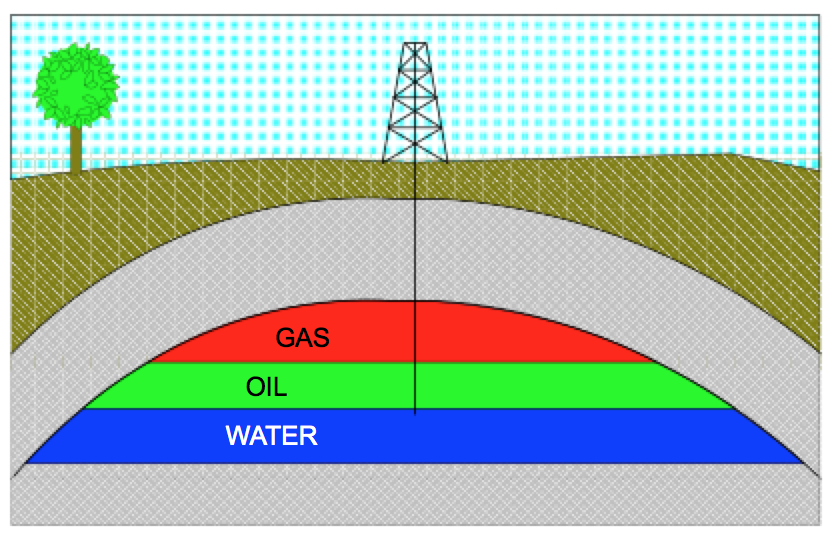Course Details
Your Growth, Our Mission

Course Description
The Training Course Will Highlight ?
This course goes beyond the usual description of reservoir fluid properties. The underlying purpose is to be able to prepare the most accurate possible set of values of fluid properties for use in other engineering calculations. An understanding of the advantages of the application of both laboratory data and correlations will be provided.
Training Objective
At the end of this seminar participants will:
- Identify the type of fluid in a particular reservoir and in general how that fluid will behave during production
- Use laboratory data to determine values of fluid properties for use in engineering calculations
- Use correlations to determine values of fluid properties in the absence of laboratory data
- Select the best available fluid property correlations for oils, gases, and oilfield waters
- Apply Equations of State and tune EOS to match experimental PVT data
- Shape PVT data to get the best results out of analytical and numerical software
- Refresh the knowledge on reservoir fluid properties
- Understand the basic principles of hydrocarbon phase behavior and its application in petroleum engineering
- Learn the numerous mathematical and graphical correlation for estimating physical and critical properties of the undefined petroleum fraction
- Enhance the knowledge on hydrocarbon phase behavior, reservoir fluid properties and application
- Gain additional knowledge on recent technology in reservoir fluid properties calculation and correlation
Target Audience
Reservoir Engineers, Senior Reservoir Engineers, Production and Facilities Engineers, Process Engineers, Geoscientists, Young and Senior Operators, Geologists, Geophysicists, anyone who have a need to determine values of reservoir fluid properties and use Equations of State for engineering studies and reservoir simulation, Field Development Personnel, Asset Management Team members and Business Development Managers, Production staff, and Operation Personnel who are responsible for the Oil and Gas Reservoir development design and implementation, experienced professionals who want to refresh or broaden their understanding of Oil and Gas properties in the purposes of fields development, other professionals who want a better understanding of the subject
Training Methods
This interactive Training will be highly interactive, with opportunities to advance your opinions and ideas and will include;
- Lectures
- Workshop & Work Presentation
- Case Studies and Practical Exercise
- Videos and General Discussions
Daily Agenda
Basics of Hydrocarbon Phase Behavior
- Single-component systems
- Two-component systems
- Multi-component systems
- Classification of reservoirs and reservoir fluids
- Location of gas-oil contact
Characterizing Hydrocarbon-Plus Fractions
- Generalized correlations
- PNA determination
- Splitting and lumping schemes for equation of state applications
Natural Gas Properties
- Behavior of ideal gases
- Ideal gas mixtures
- Properties of ideal gas mixtures
- Behavior of real gases
- Effect of non-hydrocarbon components on the Z-Factor
- Correction for non-hydrocarbons
- Correction for high-molecular-weight gases
- Direct Calculation of Compressibility Factors
- Compressibility of natural gases
- Gas formation volume factor & viscosity
- Engineering application of natural gases PVT propertie
PVT Properties of Crude Oils - Crude oil properties, surface and interfacial tension
- Properties of reservoir water
- Understanding laboratory data
- Constant-composition expansion test
- Differential liberation test
- Separator test, liquid dropout
- Swelling test
- Slim tube test
- Calculations of minimum miscibility pressure
- Modeling of compositional variation with EOS
Equations of State and Phase Equilibria - Equilibrium ratios
- Flash calculations
- Van der Waals' Equation of State
- Redlich-Kwong Equation of State
- Soave-Redlich-Kwong EOS
- Peng-Robinson EOS
- Fugacity and fugacity coefficient
- Binary interaction coefficient, volume shift parameter
- Gibbs free energy
- Chemical potential
- Three-phase flash calculations
- Simulation of laboratory tests by equations of state
- Compositional gradient
- Tuning of equations of state
Accreditation
BTS attendance certificate will be issued to all attendees completing minimum of 80% of the total course duration.
Quick Enquiry
Request Info
Related Courses
Your Growth, Our Mission

